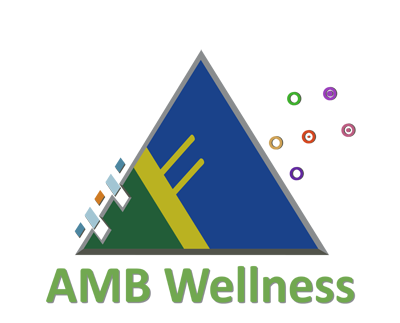Understanding of R.E.A.C.H regulation.

R.E.A.C.H is a regulation of the European Union, adopted to improve the protection of human health and the environment from the risks that can be posed by chemicals while enhancing the competitiveness of the EU chemicals industry.
The R.E.A.C.H Regulation is the result of an in-depth review of the EU’s chemical policy. The European Parliament approved the REACH Regulation on December 13, 2006, and the Council of Ministers formally adopted it on December 18, 2006.
R.E.A.C.H applies to all chemicals, not only in industrial processes but also in everyday life, such as cleaning products, paints, and items such as clothing, furniture, and electrical appliances. This regulation affects the majority of companies in the EU.
R.E.A.C.H establishes the obligation to carry out a registration for all those who introduce chemical substances on the Community market from 1 tonne per year, whether they are manufacturers or importers of substances, as such or in the form of preparations.
How does R.E.A.C.H work?
R.E.A.C.H establishes procedures for collecting and evaluating the information on the properties and hazards of substances. Companies have to register their substances and to do it, they must collaborate with other companies that are registering the same substance.
Under labor law, the company must carry out a risk assessment and ensure that workers are protected and provided with information, guidance, and training on the safe use of chemicals in the workplace, based on information derived from labels and safety data sheets.
Most R.E.A.C.H requirements apply directly to manufacturers and importers, who must register substances (either pure or those classified as compounds) when providing data on chemicals’ properties. They are also required under R.E.A.C.H to develop chemical safety assessments and implement risk management measures. R.E.A.C.H requires manufacturers and importers to notify European regulatory authorities of the use of hazardous substances. Subsequently, R.E.A.C.H authorizes these substances.
All AMB Wellness aloe vera raw materials have been produced from the plant aloe vera (l.) Burm. F. And are 100% of botanical origin and are covered by the human food regulations (intended for consumption by humans or animals, such drinks products, food and food additives) therefore, are exempt from applicable titles of reach regulation (registration, evaluation, authorization and restriction of chemicals).
Latest News

Aloe Vera Nutraceuticals for Pets
Aloe Vera is an excellent natural option for this pet market, containing stabilized gel from the inner part of the Aloe leaf. It contains over 75 known active compounds in natural balance which helps maintain good health in animals as well as in people. Aloe has the effect of tonic; they support the immune system, healthy appetite, vitality, and energy in active animals, lessening their sensitivity to external irritants. Aloe Vera is an ideal supplement that maintains pets in top form.

Acetypol
The immune system is a series of biological processes within the body that protect against disease by identifying and killing pathogens. A major part of the immune system are the white blood cells, which form the first line of defense in the immune system by creating a “barrier” that hunts down and kills foreign particles in the body. A compromised immune system, especially drops in
white blood cell counts, can lead to infections and illness. Likewise, a “boost” to the immune system would indicate that the body was better suited to fight off infections and diseases naturally. Studies show Aloe increasing the number of white blood cells, the body can further support a healthy immune system.

Aloe Vera Dairy in Food Nutrition
Aloe Vera is a natural source of monosaccharides and polysaccharides. These substances have antiinflammatory, antibacterial, antiviral, anti-mycotic and immune-stimulating effects. All of these effects enhance digestion and bind numerous detrimental substances such as cholesterol and gall acid. Most important are the long-chain sugars (especially the polymannan sugars), which enter the intestinal wall undegraded and then have an immune regulating effect in the blood. Alternatively, they stick to the intestinal wall and therefore prevent undesired substances from entering the bloodstream.

